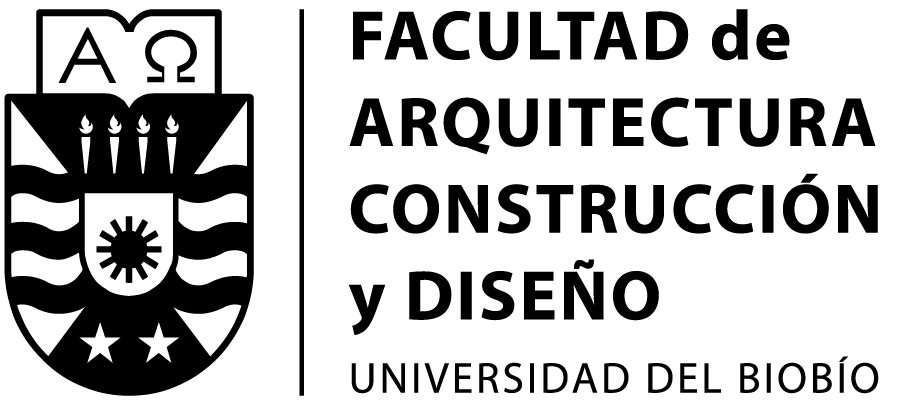Slum settlements in a country of centers and peripheries. Expressions of systemic poverty
Keywords:
urban poverty, camps, informal, southern context, planning toolsAbstract
Urban camps have been treated extensively as part of persistent anomalies of the post industrial city, and it is appear as negative externalities, charging addressing complex systemic dimensions. The Chilean case is unique because of its large size North-South in the camps have very distinct contextual distinctions in the physical, social, economic and cultural. The latter is stronger in the regions far from metropolitan centers, where local economies and cultural imprints make distinctions in the expression, the magnitude of the problem, its impacts and the relationship between these settlements and the city of spontaneous generation planned from the standard logical tools and formal institutions.
Downloads
Downloads
Published
How to Cite
Issue
Section
License
The content of articles which are published in each edition of Habitat Sustentable, is the exclusive responsibility of the author(s) and does not necessarily represent the thinking or compromise the opinion of University of the Bio-Bio.
The author(s) conserve their copyright and guarantee to the journal, the right of first publication of their work. This will simultaneously be subject to the Creative Commons Recognition License CC BY-SA, which allows others to share-copy, transform or create new materials from this work for non-commercial purposes, as long as they recognize authorship and the first publication in this journal, and its new creations are under a license with the same terms.![]()























